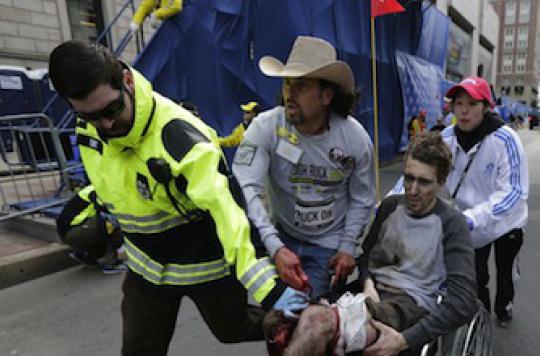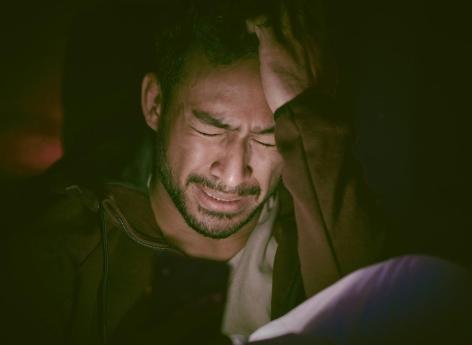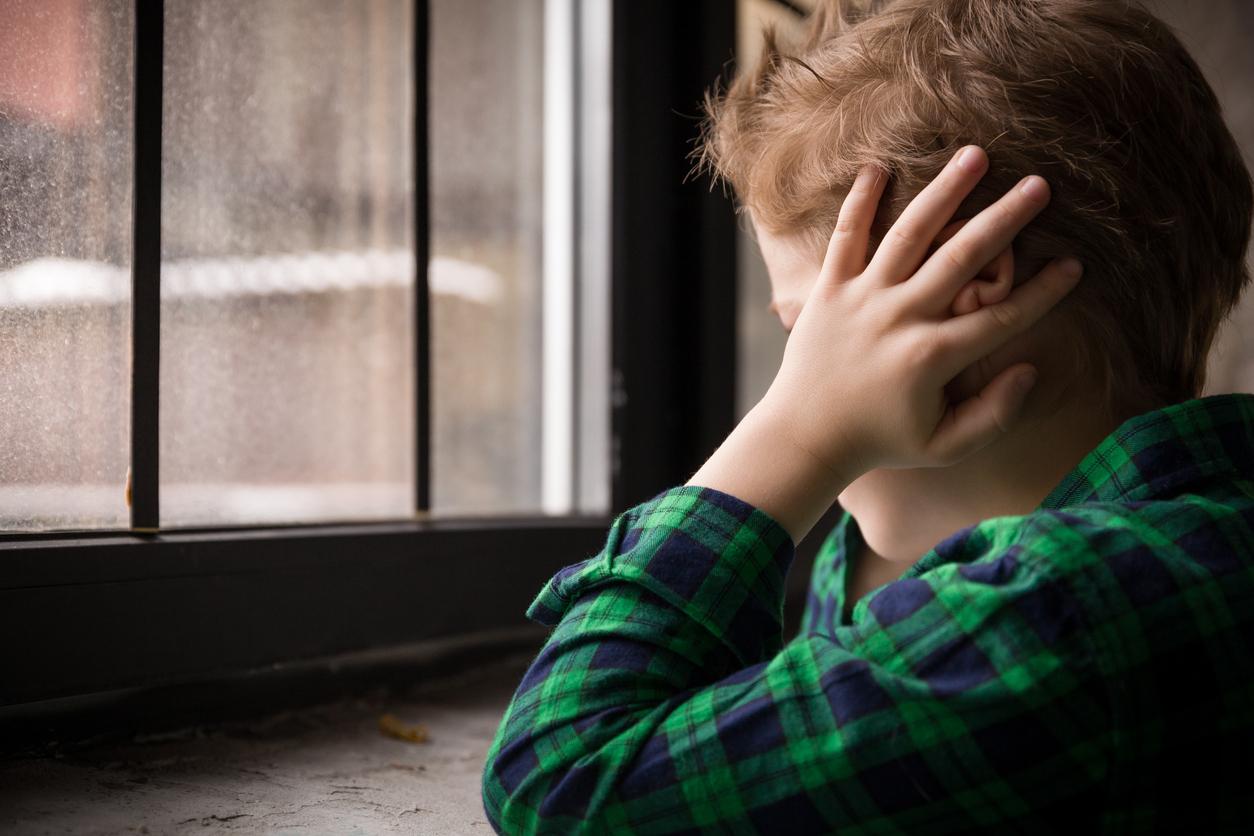Researchers have analyzed the consequences of media exposure during the attacks. As a result, the more we watch TV and the news, the more we are exposed to the risk of post-traumatic stress.

Following the attacks of September 11, 2001, more than a million former American smokers are said to have resumed smoking. The stress generated by this event would be the main cause. Researchers at the University of California at Irvine then wanted to know to what extent this type of shocking images conveyed by televisions could traumatize viewers?
To conduct this work, American researcher E. Alison Holman and her colleagues followed 4,675 adults during the two to four weeks following the 2013 edition of the Boston Marathon. This sporting event was marked by an attack during which two bombs exploded among the participants and spectators.
The explosives were placed near the finish line and detonated 13 seconds apart, killing three people and injuring 264 others. In the minutes that followed, images of desolation at the scene of the tragedy were broadcast in a loop on the public television channels. The scientists then analyzed the effect of these images on the mental health of the various participants in the study. This depends on their exposure to the event (direct exposure, through television, social networks, the press, or radio).
Individuals who were exposed to more than six hours of media coverage during these attacks were nine times more likely to report an acute reaction to a stressor, compared to people who were exposed to it for about an hour per day.
“We were very surprised to find that a degree of repeated media exposure was strongly associated with symptoms of acute stress,” said Alison E. Holman, lead author of the study. The latter goes on to say that, “We believe that repeated exposure to violent images or sounds keeps traumatic events alive in a person. Drinking from it prolongs the state of post-traumatic stress disorder in vulnerable people, sometimes up to 3 years after the date of the tragedy ”
Among the sequelae observed by the researchers, flashbacks of the horror scene that keep coming back. In the long term, this can have serious consequences for the mental health of these people, ”concludes the researcher.
Conclusion of the American team, the people affected in their flesh, like the military on the battlefields, or the wounded in terrorist attacks, are not the only victims of these traumatic horror scenes. The state of post-traumatic stress goes well beyond the first victims!
.














